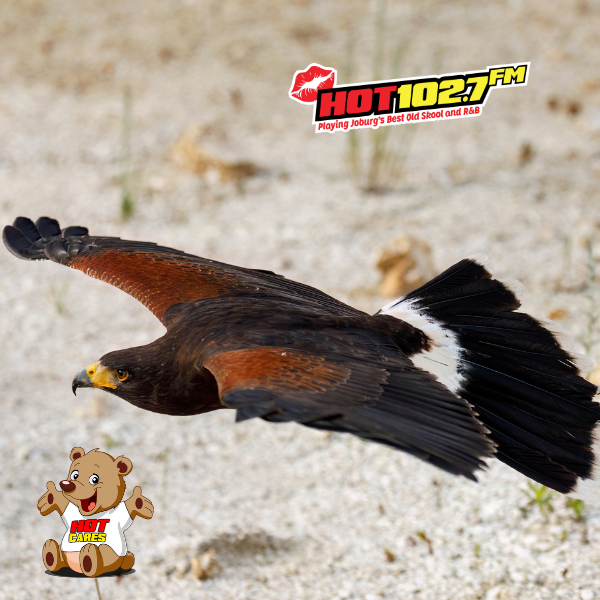Hot Cares Funds Flight Aviary for South African Wildlife Rehabilitation Centre to Boost Raptors' Survival
In a heartwarming gesture of support for wildlife conservation, Hot Cares has stepped forward to fund the construction of a much-needed flight aviary at the South African Wildlife Rehabilitation Centre. This critical facility is essential for the rehabilitation of raptors, allowing them to regain their flight fitness before being released back into the wild.
The South African Wildlife Rehabilitation Centre, founded by Judy Davidson in March 2018, is one of only three wildlife rehabilitation centres in Gauteng fully permitted to work with and treat indigenous animals. The Centre, with a combined experience of approximately 250 years among its specialists, handles between 6,000 and 7,000 cases annually, playing a pivotal role in the rehabilitation and release of wildlife.

The immediate need for the flight aviary is crucial for the survival of raptors, as without it, their chances of survival in the wild are significantly reduced. The Centre’s “soft” or “slow” release methods, particularly for orphans, long-term injury cases, and confiscated wildlife, ensure a gradual acclimatisation process, improving the chances of successful adaptation and survival after release.
Hot Cares’ generous donation of R56,000 will cover the cost of building the new aviary, demonstrating a commitment to the conservation of South Africa’s native species and the preservation of biodiversity. This support will not only enhance the survival rates of raptors but also contribute to the overall effectiveness of wildlife rehabilitation efforts nationwide.
The Centre’s collaboration with other rehabilitation specialists across South Africa through C.O.R.E. (Coalition of Rehabilitation Expertise) underscores its dedication to sharing knowledge, experience, and support, further strengthening wildlife rehabilitation efforts.
With this new aviary, the South African Wildlife Rehabilitation Centre can continue its vital work, providing necessary care and support for indigenous wildlife, and ensuring that these majestic creatures have the best chance to thrive in their natural habitats.
